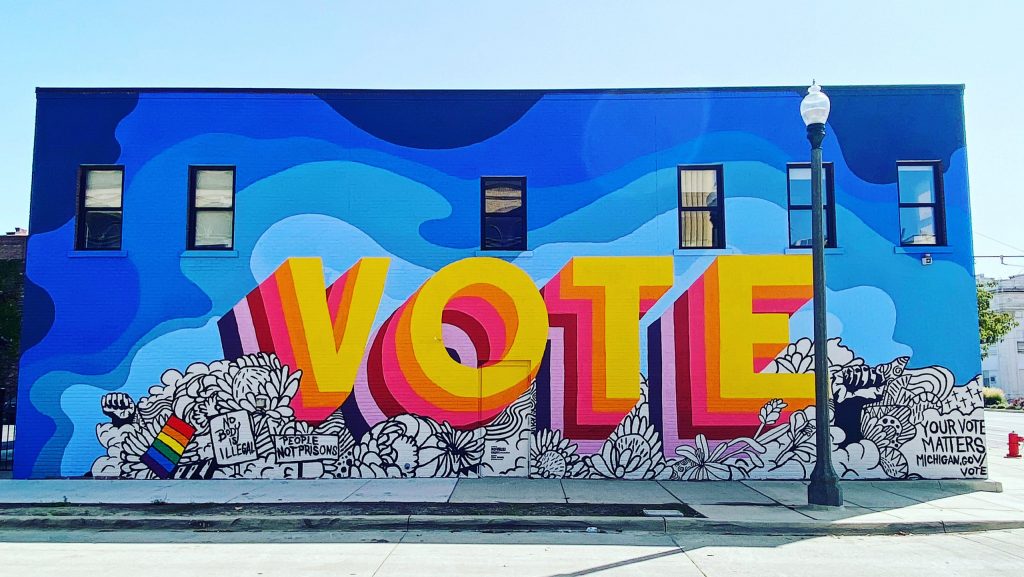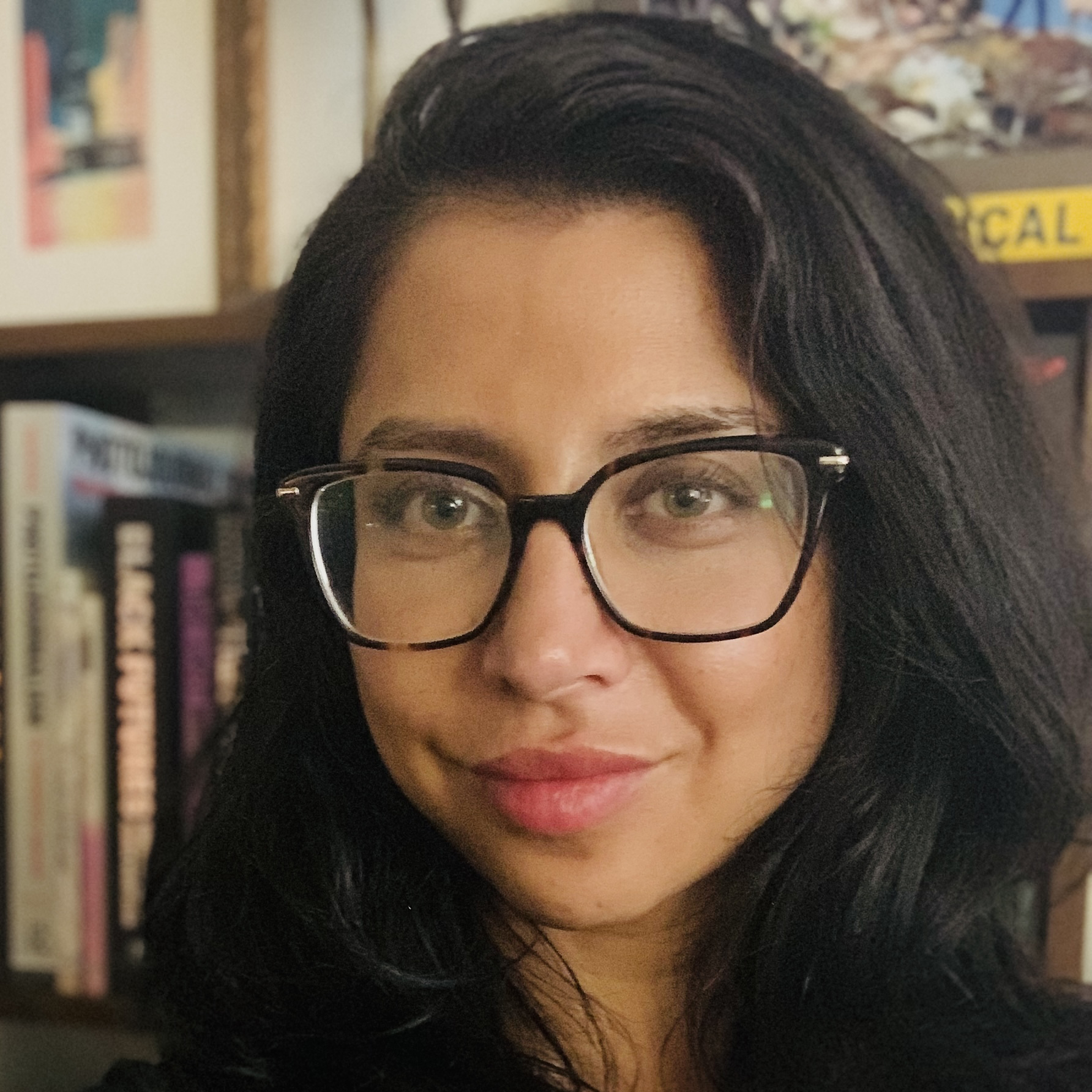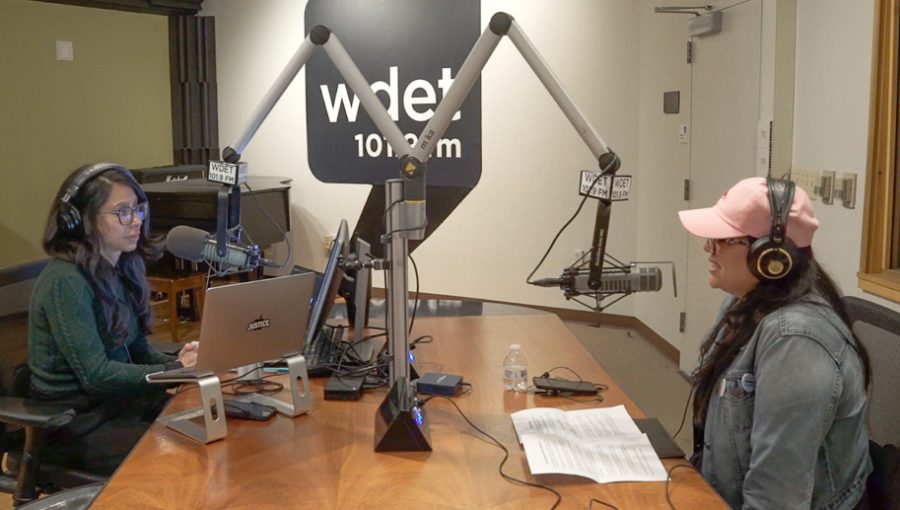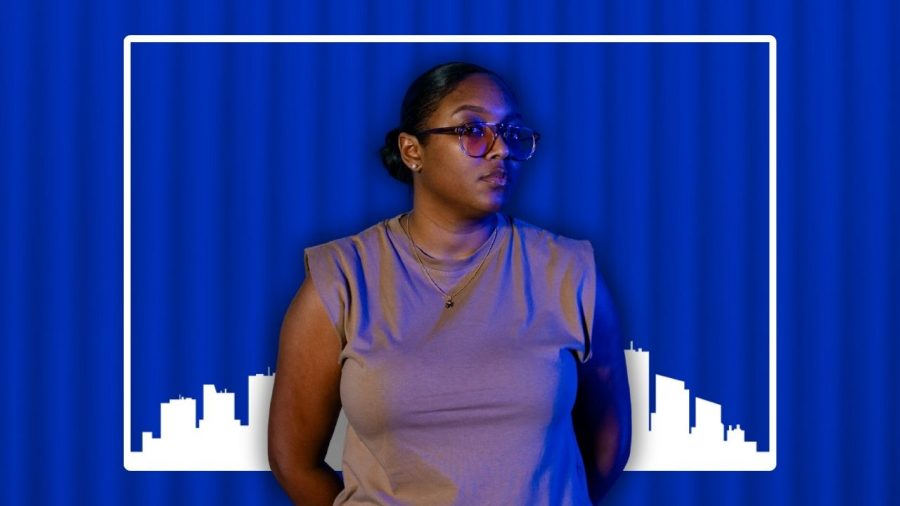The Metro: What Michigan’s midterm voting signals about access and equity
Robyn Vincent, The Metro November 5, 2025Audits show Detroit’s polling sites still fall short on accessibility, even as Michigan expands early voting. We explore what disabled voters faced this election — and what must change before the next one.

A mural in Detroit urging people to vote by local muralist Ndubisi Okoye.
Voters across Michigan wrapped up a midterm election yesterday that, for many, began weeks earlier during the state’s early voting window. For voters with physical disabilities, the right to cast a ballot is protected in state law and under federal protections like the Americans with Disabilities Act and the Help America Vote Act.
Yet audits in metro Detroit have repeatedly found the opposite on the ground. Last year, Detroit Disability Power reported that only 13% of polling places were fully accessible across nearly 300 sites. The Metro’s pre-election coverage highlighted widespread problems with entrances and accessible voting machines in metro Detroit.
On the heels of the midterm election, The Metro team wondered: What did access for disabled voters look like during early voting and on Election Day?
Eric Welsby, policy and advocacy lead at Detroit Disability Power, joined Robyn Vincent to discuss the persistent barriers he observed, and what can be done about it.
Listen to The Metro weekdays from 10 a.m. to noon ET on 101.9 FM and streaming on demand.
Subscribe to The Metro on Apple Podcasts, Spotify, NPR.org or wherever you get your podcasts.
Support local journalism.
WDET strives to cover what’s happening in your community. As a public media institution, we maintain our ability to explore the music and culture of our region through independent support from readers like you. If you value WDET as your source of news, music and conversation, please make a gift today.More stories from The Metro
Authors
-
 Robyn Vincent is the co-host of The Metro on WDET. She is an award-winning journalist, a lifelong listener of WDET, and a graduate of Wayne State University, where she studied journalism. Before returning home to Detroit, she was a reporter, producer, editor, and executive producer for NPR stations in the Mountain West, including her favorite Western station, KUNC. She received a national fellowship from Investigative Reporters and Editors for her investigative work that probed the unchecked power of sheriffs in Colorado. She was also the editor-in-chief of an alternative weekly newspaper in Wyoming, leading the paper to win its first national award for a series she directed tracing one reporter’s experience living and working with Syrian refugees.
Robyn Vincent is the co-host of The Metro on WDET. She is an award-winning journalist, a lifelong listener of WDET, and a graduate of Wayne State University, where she studied journalism. Before returning home to Detroit, she was a reporter, producer, editor, and executive producer for NPR stations in the Mountain West, including her favorite Western station, KUNC. She received a national fellowship from Investigative Reporters and Editors for her investigative work that probed the unchecked power of sheriffs in Colorado. She was also the editor-in-chief of an alternative weekly newspaper in Wyoming, leading the paper to win its first national award for a series she directed tracing one reporter’s experience living and working with Syrian refugees. -




